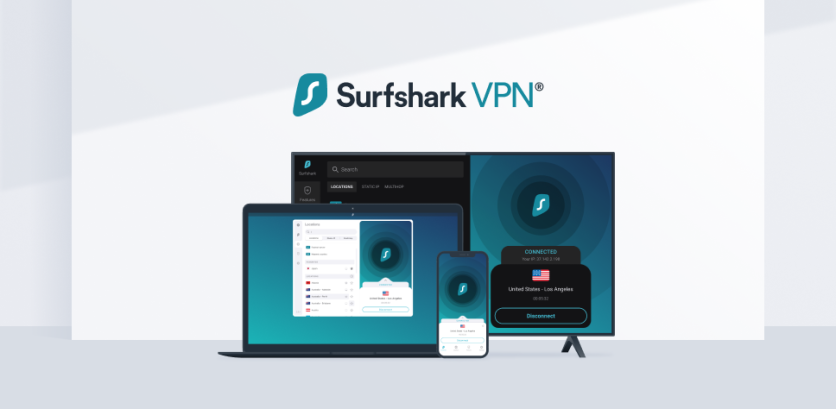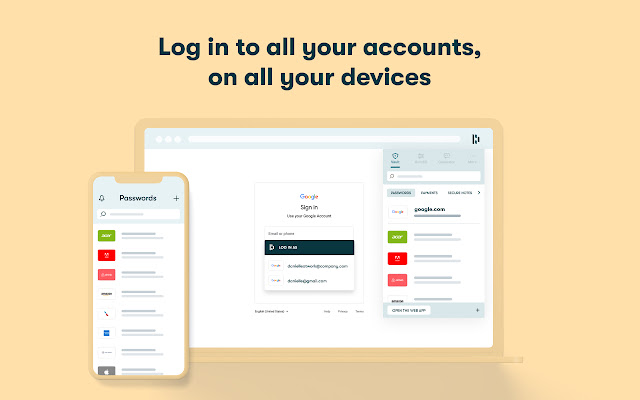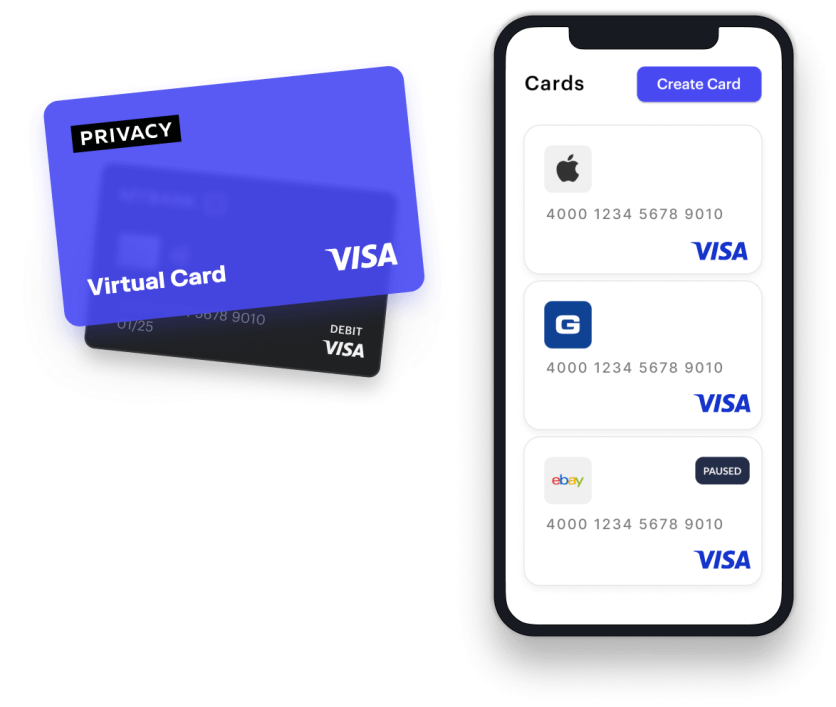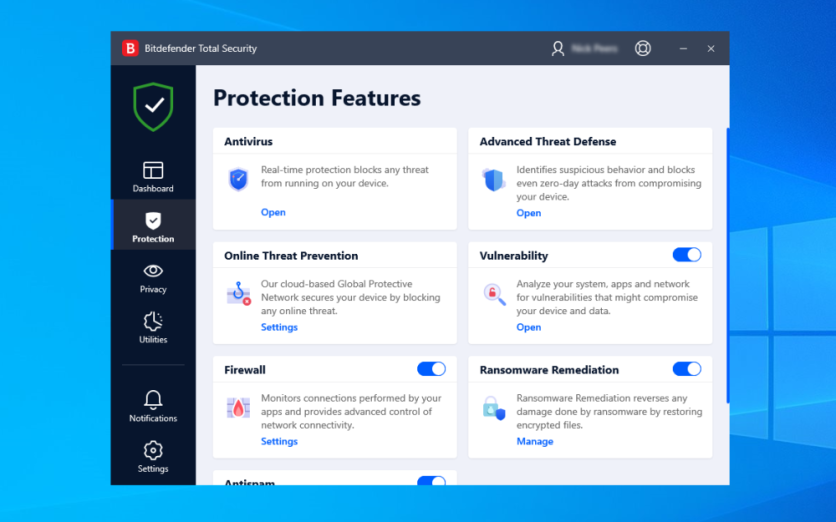
Imagine you're shopping at a store, having a doctor's appointment, or making a transaction at your bank, and all the while, someone is following you around, taking notes. While this would understandably alarm most of us, a similar effect occurs daily on the internet. As we browse, shop, and transact online, data brokers invisibly collect, share, and sell our data. These brokers then use our personal information to serve us advertisements, robocalls, spam emails, or, worst of all, outright scam us or extort money.
While we are indeed moving towards a privacy-centric era due to regulators cracking down on Big Tech companies' data abuse, we must also take proactive steps to utilize tools at our disposal to protect our personal information online. These are our top digital privacy tools the modern netizen must have in 2024 and beyond:
GHOSTERY Tracker & Ad Blocker
We know how much we hate online ads. Besides disrupting our YouTube video or online news experience, they also carry data-collecting trackers that put our privacy at risk. That's why ad blockers, particularly those that also block trackers, have become a necessity for online browsing. Among the vast number of ad blockers available, Ghostery stands out.
The company's adblocker extension, which has nearly 7 million monthly active users, works on multiple browsers, including Safari, Google Chrome, Firefox, Opera, and Edge—and even on your phone and computer. It's offered for free, with some Ghosterians electing to make donations to the company for their open-source tools and privacy advocacy work.
Ghostery blocks intrusive ads, popups, and hidden trackers that transfer your personal information across the web. Not only that, Ghostery is also able to declutter the web, helping you save much-needed memory and battery—while on the go—to optimize the loading speed of pages.
Lastly, Ghostery's open-source feature makes it a one-for-all tracker and ad blocker. By making its code and tracker data publicly available, Ghostery is able to rapidly identify and block new trackers and help power other privacy databases and tools to make the internet safer for all.
Surfshark VPN

When you travel overseas or connect to public WiFi networks, two things are guaranteed to happen: malicious actors in these territories may access your data on your device, and you may be unable to access content or sites due to geographical restrictions. That's why having a virtual private network (VPN) like Surfshark ensures a seamless online experience wherever you are.
With Surfshark, you can choose a VPN of your choice—whether it's in the USA or the European Union—so that you can have the peace of mind of not worrying about added security login details to your accounts while also being able to catch on the latest entertainment that may otherwise be unavailable in the region you are currently visiting.
Moreover, Surfshark—with its affordable options—also helps its users to check out other global versions of their favorite shopping websites and get more significant discounts. Believe it or not, price discrimination is still a thing in the region you are currently in, and VPN helps you find the best deals—all the comfort of your fingertips.
Dashlane Password Manager

Data breaches are becoming frequent nowadays, with many platforms that use login systems having their stored credentials leaked into the dark web. Worst of all, many of us are guilty of using the same password repeatedly across multiple sites, increasing the chance of our other accounts getting hacked. For this dilemma, a password manager like Dashlane must always keep your login credentials secure and practice making them unique.
With Dashlane, you can have an all-in-one password manager for all your platforms needing login access and a secure auto-fill feature when logging in for added convenience. If you are still determining your next password, Dashlane also has an in-built password generator that gives you a unique password for more unpredictable login credentials. Bonus point: Dashlane also has an in-built dark web monitoring feature, so you can constantly be updated when one of your channels is a data breach victim, and you can change credentials easily.
Privacy.com Virtual Cards

Part of our online activities is online shopping or, in some cases, signing up for a free trial of an online service or a free product sample. But what happens when you forget to cancel some subscriptions? You'll be more than surprised how many of these "unwanted" charges begin to stack up! That's why the modern online shopper must use a virtual card, like the one offered by Privacy.com.
By using the Privacy.com virtual card, you can generate multiple temporary credit card details, which you can use for specific merchants or platforms. Aside from setting a spending limit for each card, you can also make a temporarily generated card to be used only once, saving you any unwanted charger a malicious merchant is trying to get. In addition, you can also set a generated virtual card only to be used for one specific merchant, preventing any bad actors from using your actual credit card information and making unnecessary charges to you.
Bitdefender Total Security

Last but not least, we have Bitdefender Total Security on our digital privacy tool list. This accurate cross-platform security service protects your mobile and PC from all sorts of cybersecurity threats, from spyware and computer viruses to Trojan horses. With so many online threats looming ahead for our devices, you must always have an all-in-one service like Bitdefender to provide the much-needed digital security for all of your devices.
Bitdefender must provide industry-leading protection, whether from viruses, worms, Trojans, ransomware, zero-day exploits, rootkits, or spyware. Moreover, it also configures itself based on your device's operating system and memory usage so that it will be able to work correctly in the most optimal setting for your devices. Lastly, Bitdefender also blocks unwanted third-party data tracking so you can have the peace of mind that no data broker or malicious actor is spying on every online move you make—making an actual privacy-centric online experience.
ⓒ 2025 TECHTIMES.com All rights reserved. Do not reproduce without permission.




